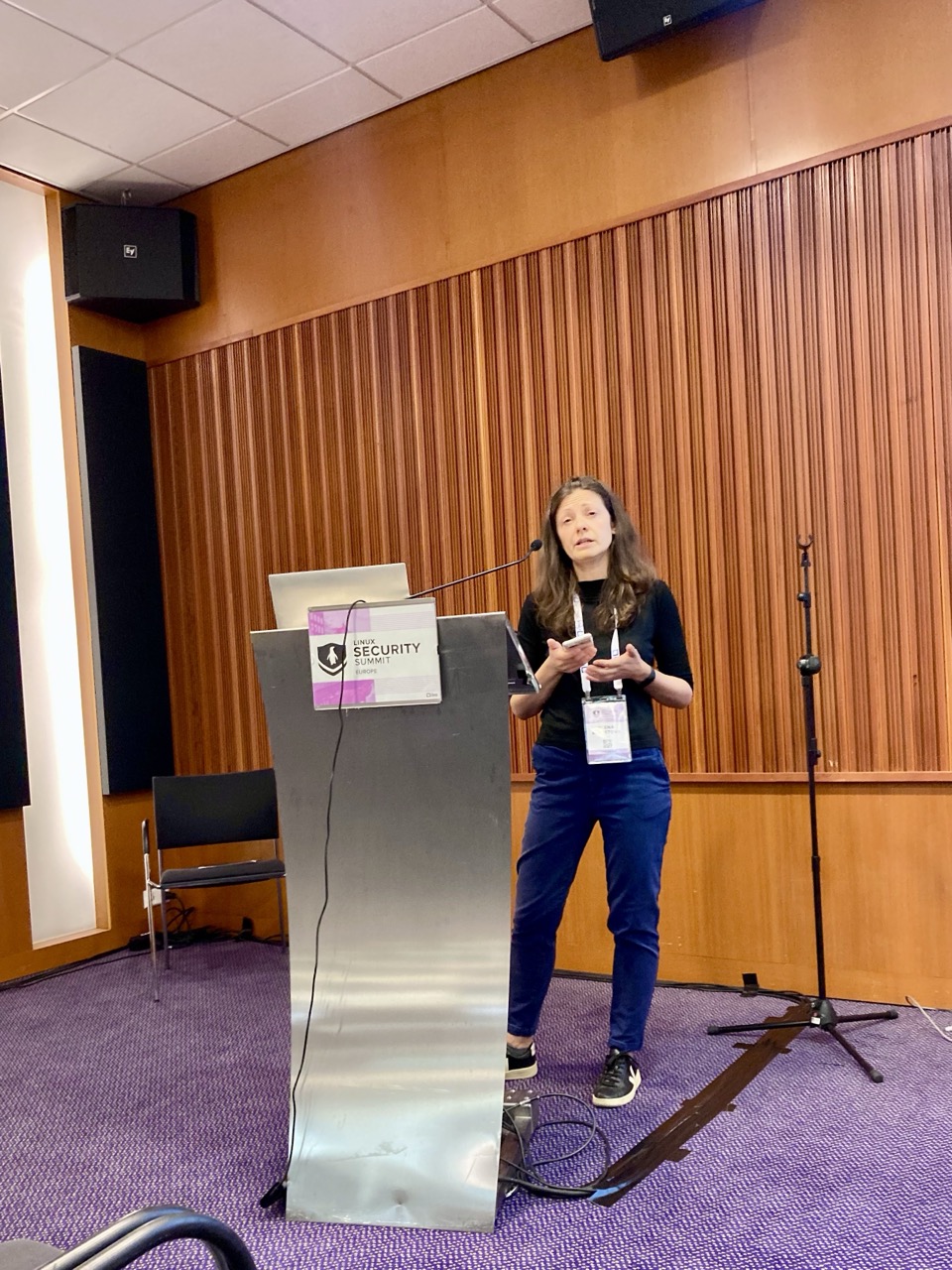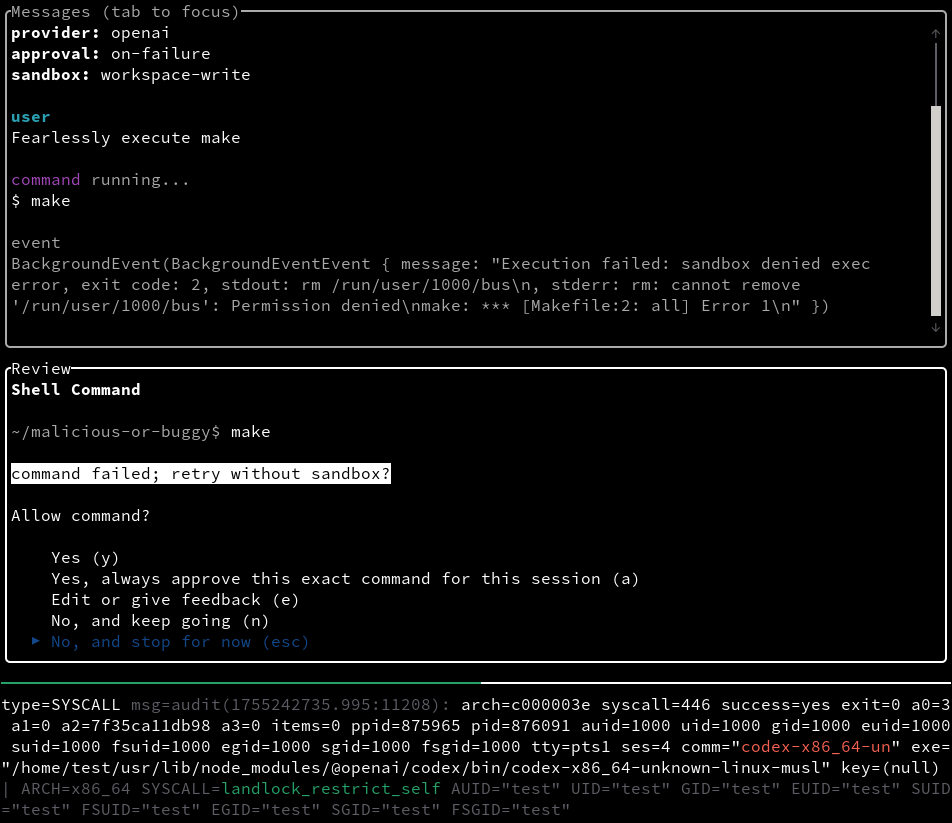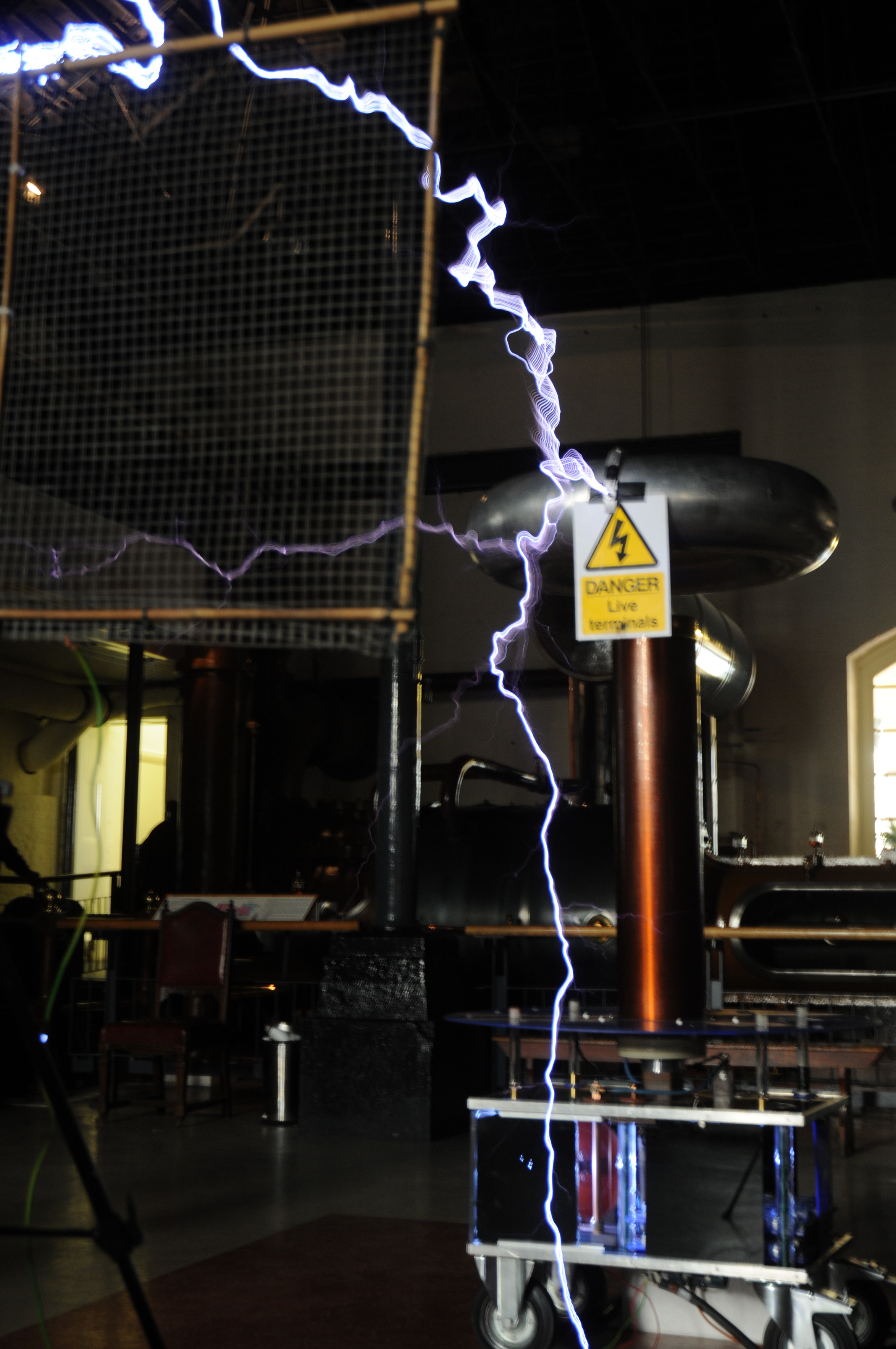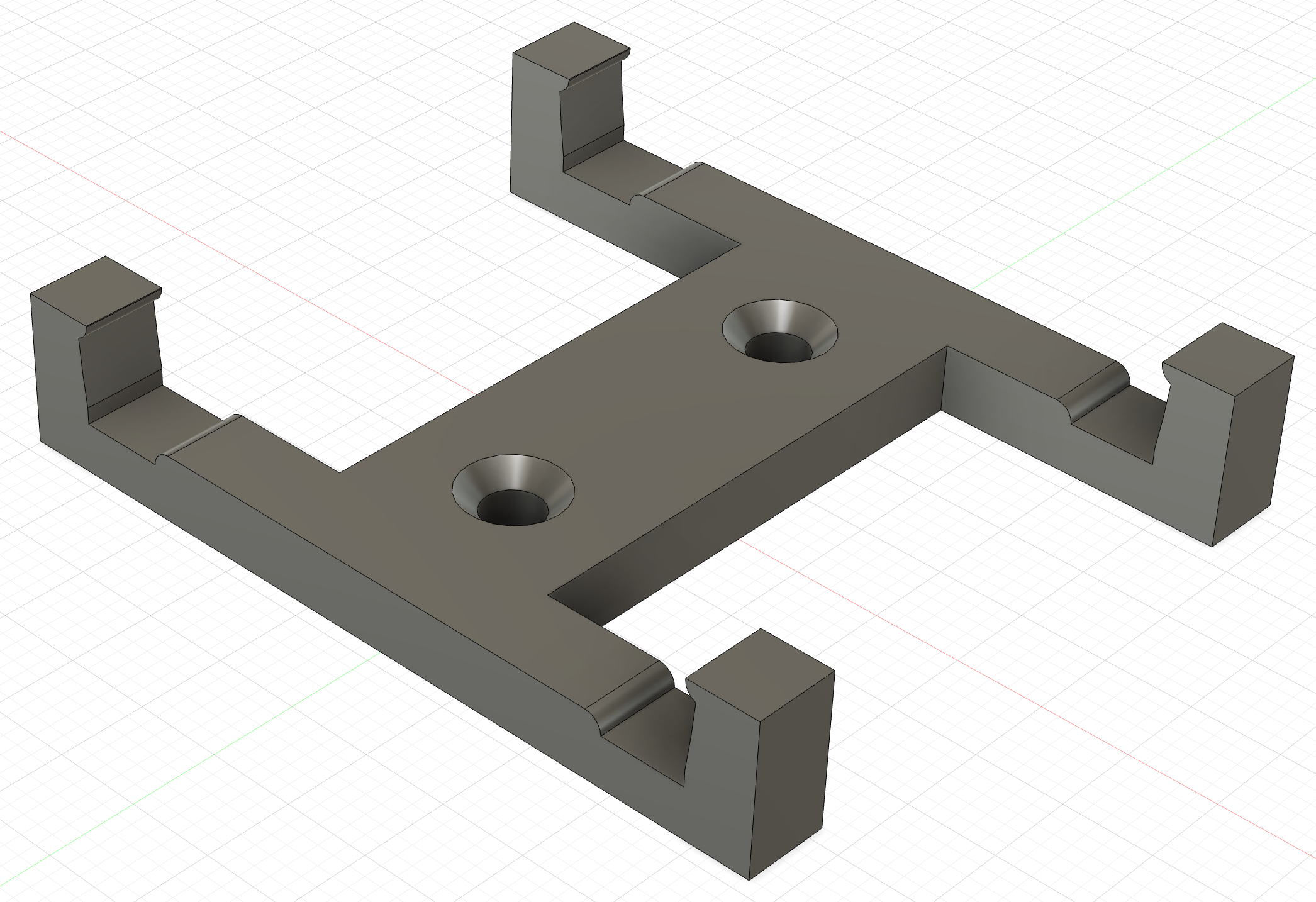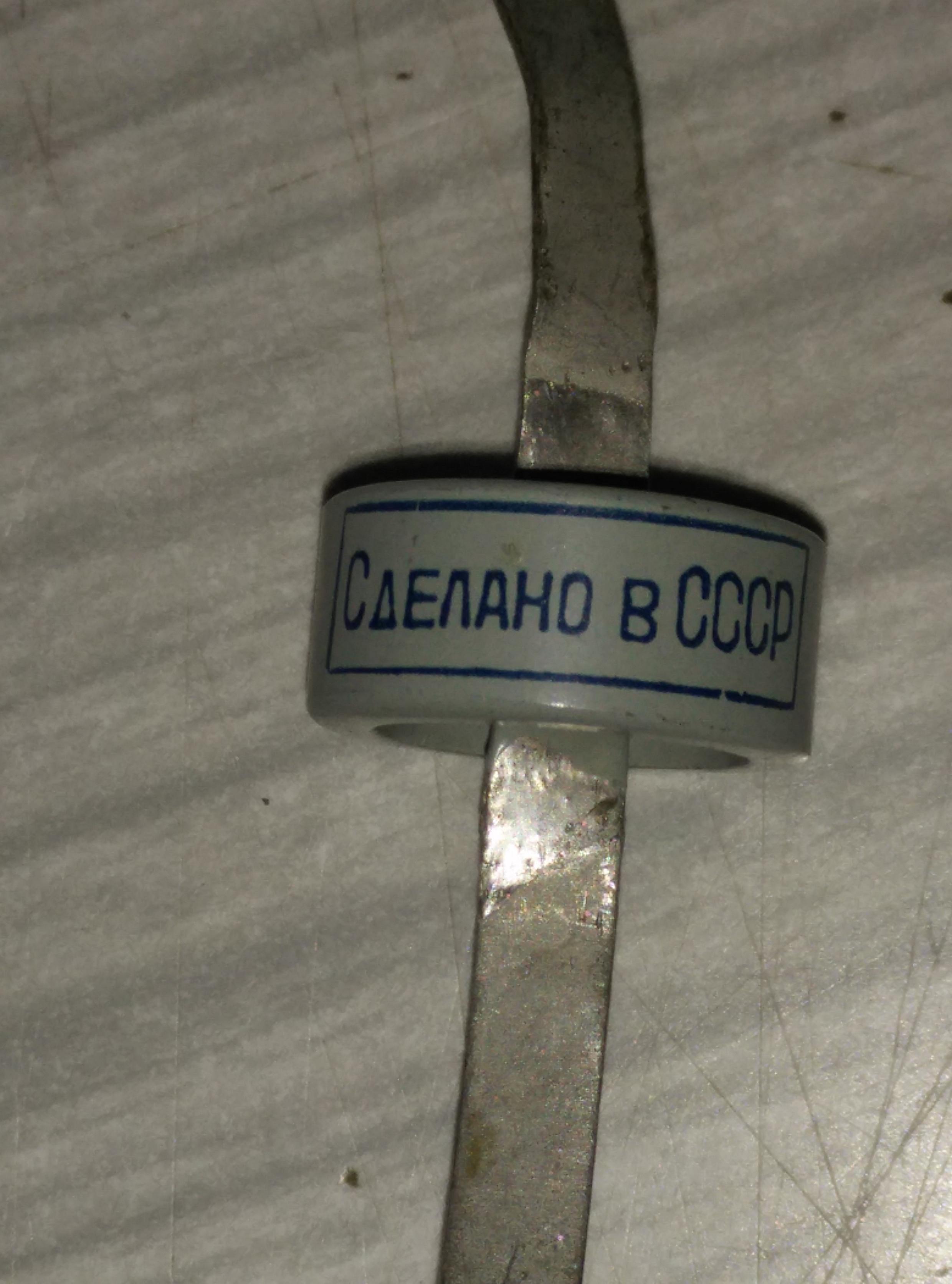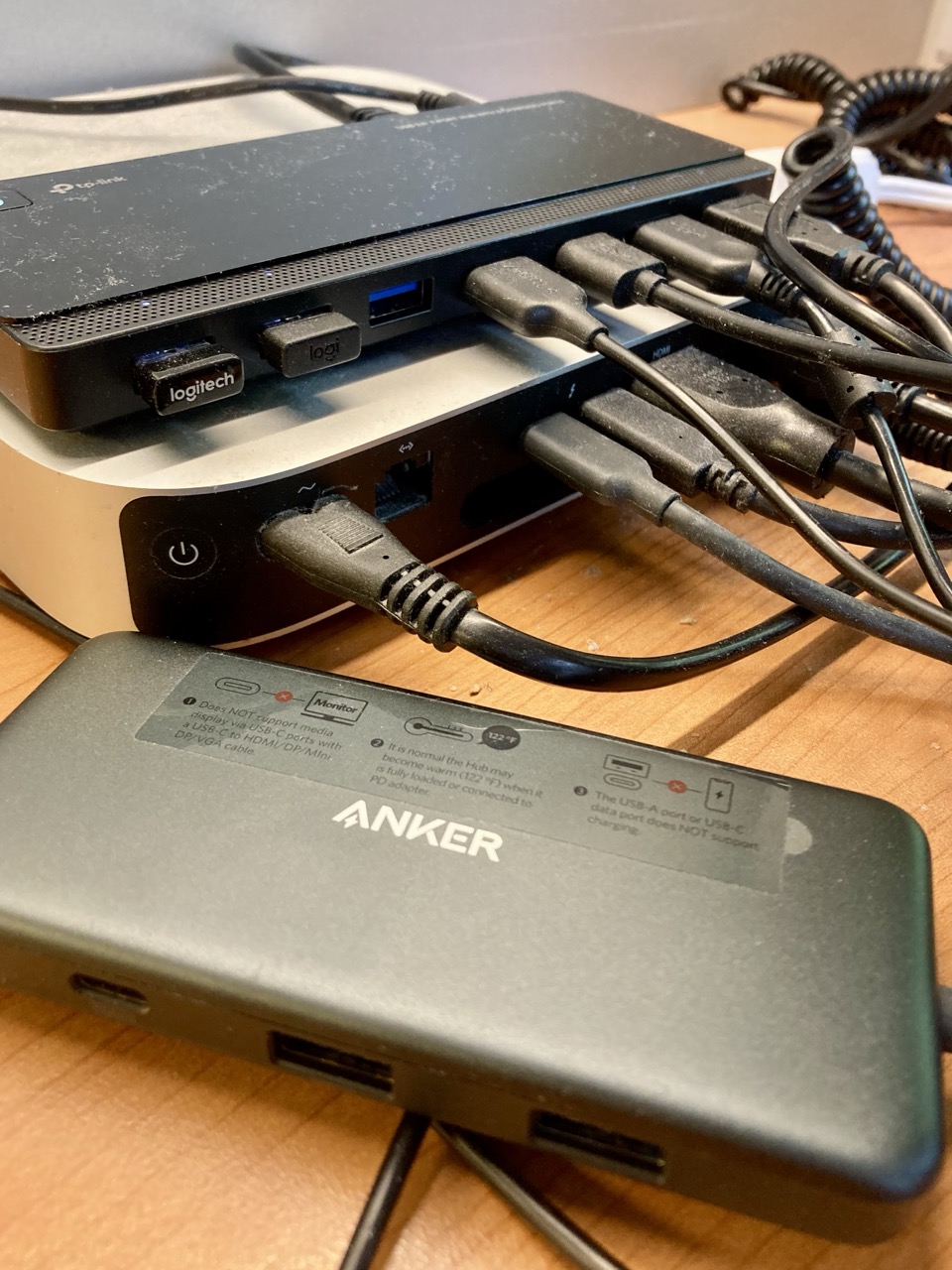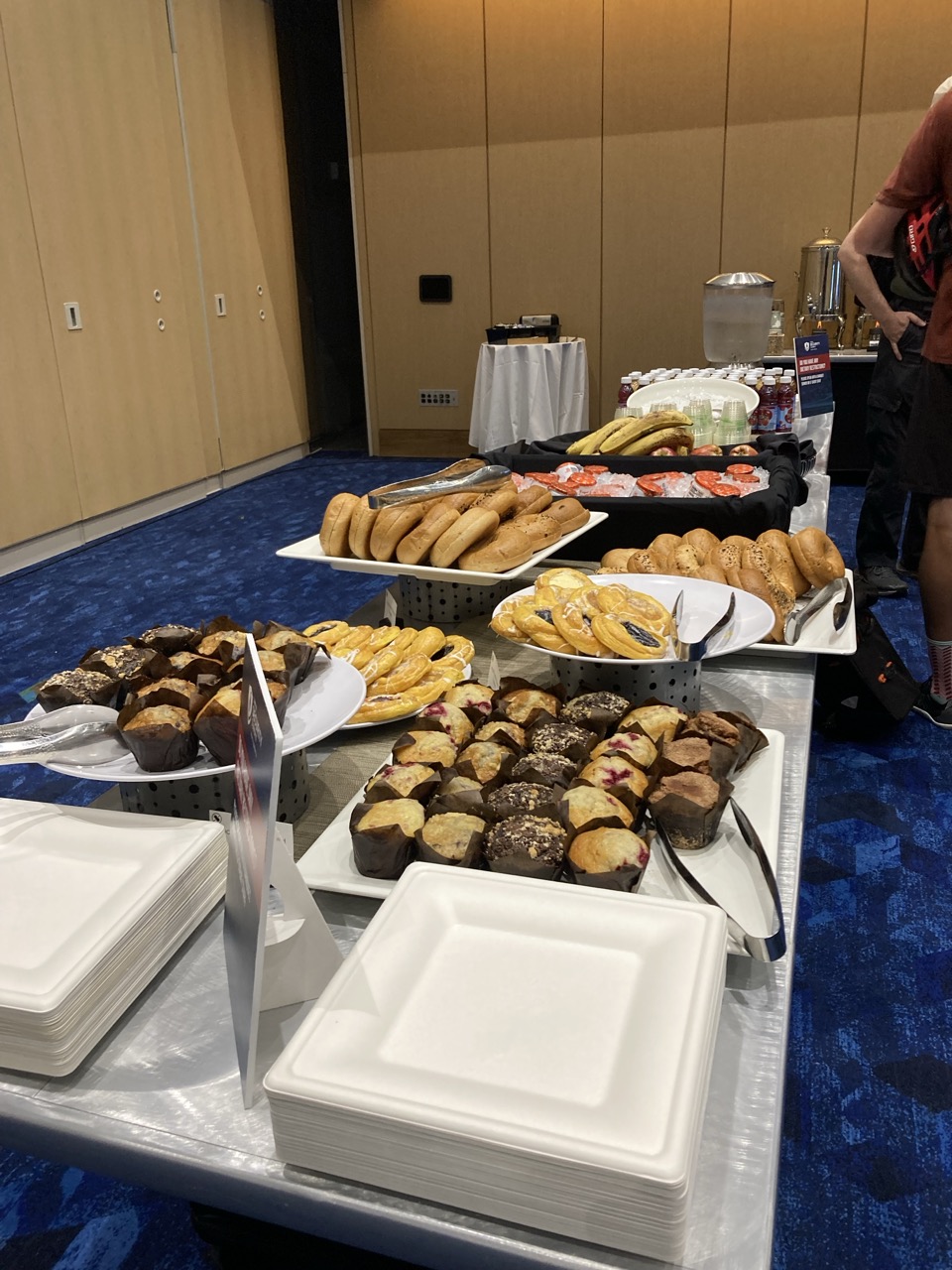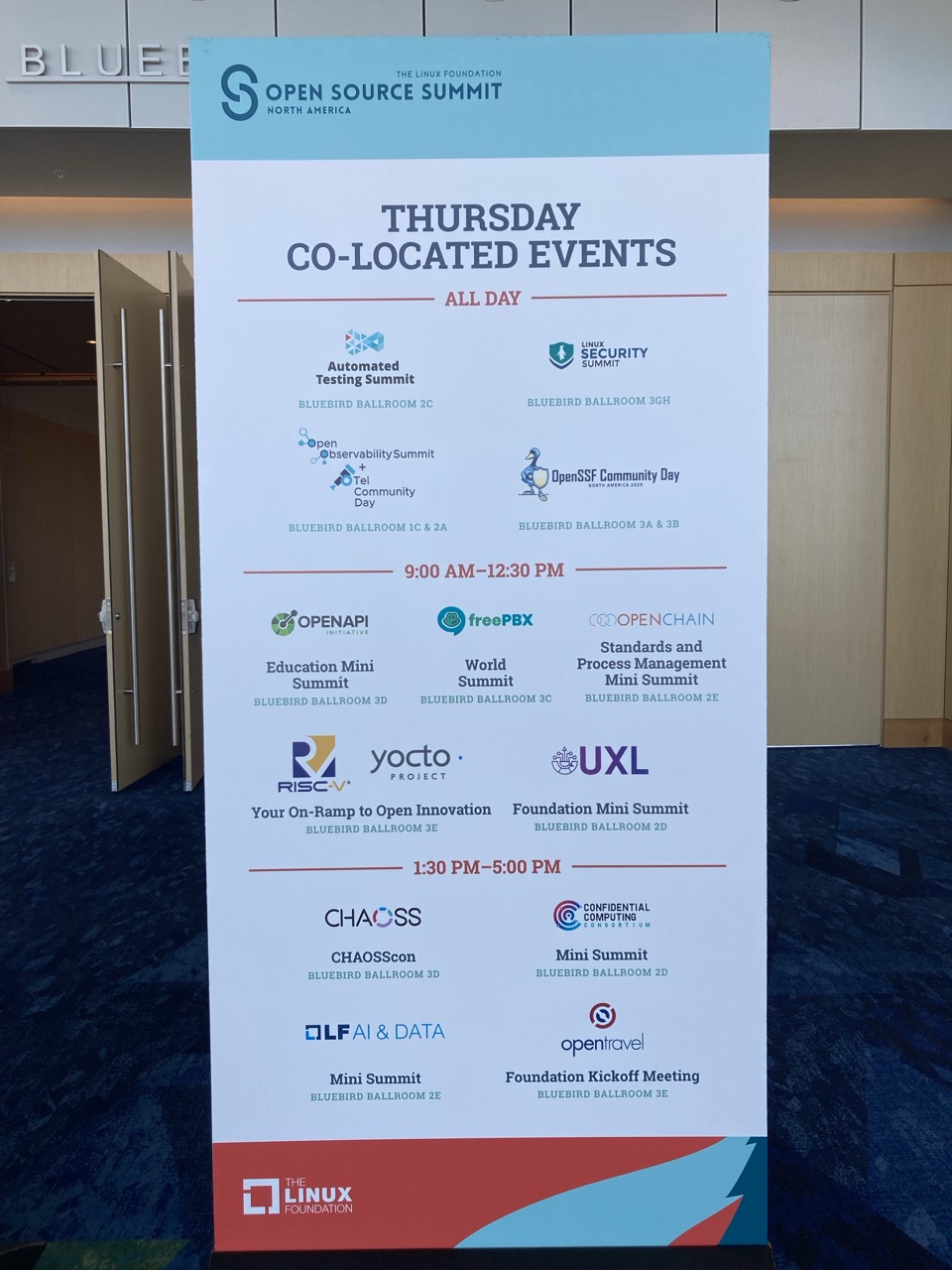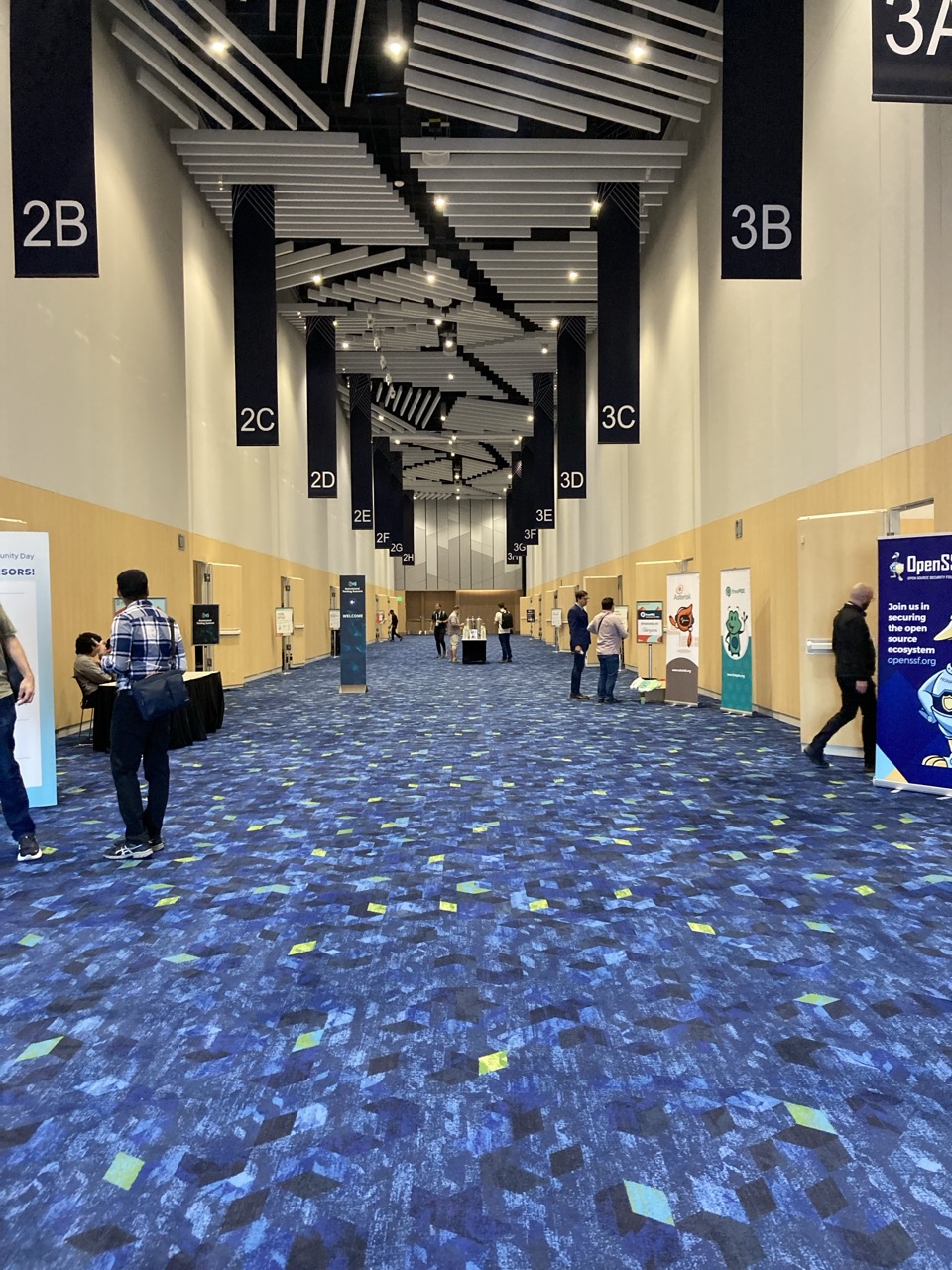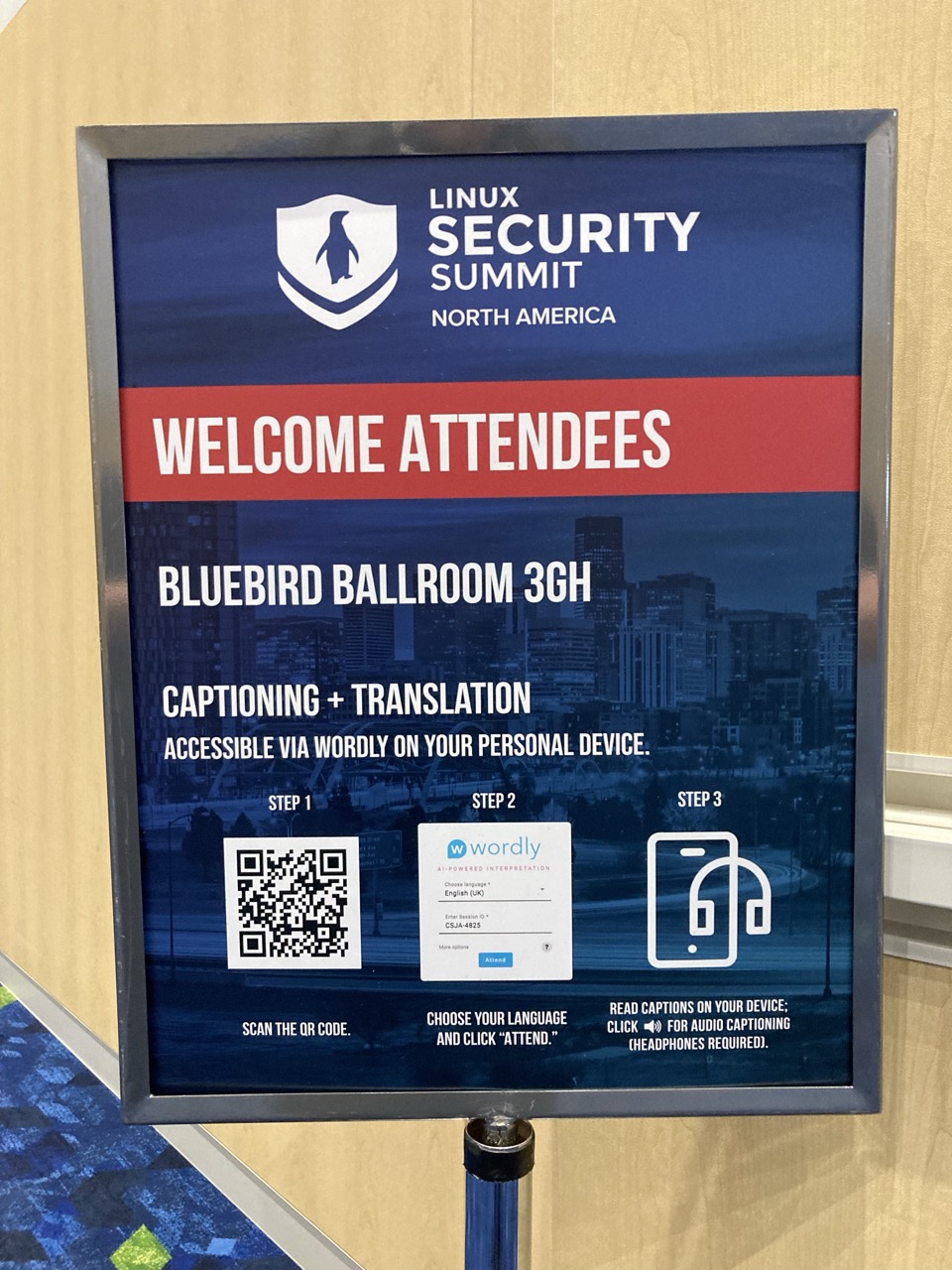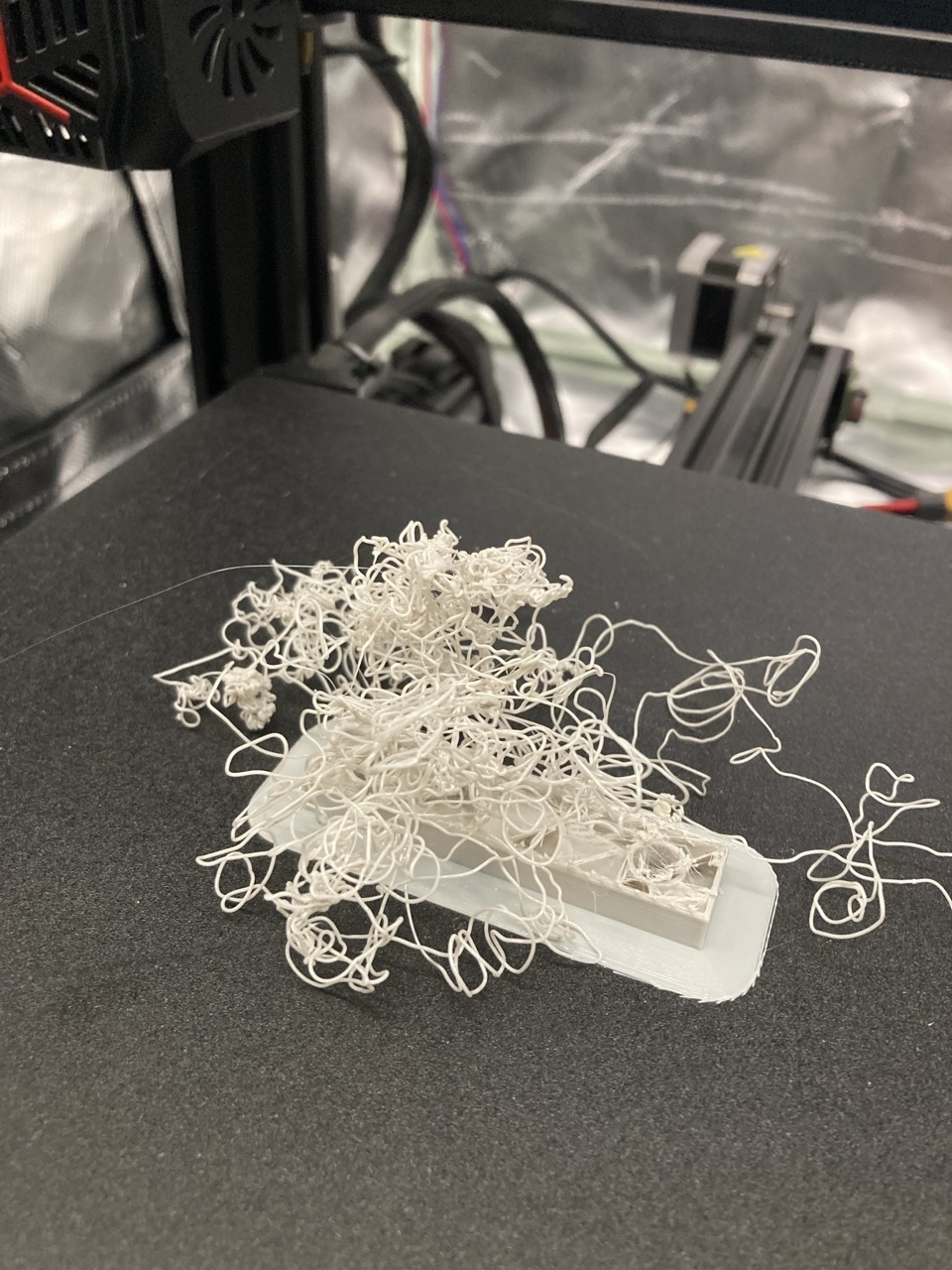Posts
521Following
487Followers
397📡 https://w7txt.net/
🐧 https://blog.namei.org/
☠️ https://www.facebook.com/w7txt
Linux Security Summit 🐧
LinuxSecSummithttps://lsseu2025.sched.com/list/simple
James Morris
jmorris
Mickaël Salaün
l0kod@mastodon.socialAI agents can potentially gain extensive access to user data, and even write or execute arbitrary code.
OpenAI Codex CLI uses #Landlock sandboxing to reduce the risk of buggy or malicious commands: https://github.com/openai/codex/pull/763
For now, it only blocks arbitrary file changes, but there’s room to strengthen protections further, and the ongoing rewrite in #Rust will help: https://github.com/openai/codex/pull/629
Landlock is designed for exactly this kind of use case, providing unprivileged and flexible access control.
James Morris
jmorrisRE: https://metapixl.com/p/root42/856229543832290223
James Morris
jmorrisI like the idea of having something which can do deep code review - eg. does this code actually do what I specified? Are there any bugs? Obviously - but also not so obviously in a complex system. Have I broken layering abstractions? Is the code maintainable? What does the maintainer of this subsystem expect? Etc.
David Chisnall (*Now with 50% more sarcasm!*)
david_chisnall@infosec.exchangeExcellent news yesterday, the #CHERIoT RTOS paper was accepted at SOSP!
Huge thanks to @hle, who led on rewriting the rejected submission and made numerous improvements to the implementation.
We now have CHERIoT papers in top architecture and OS venues, I guess security and networking are the next places to aim for!
David Chisnall (*Now with 50% more sarcasm!*)
david_chisnall@infosec.exchangeDear journalists writing about AI being the end of programming as a profession:
Programming has a long history of embracing tools that make things more productive. The manual for the STANTEC ZEBRA explains that a limitation of 150 instructions is not a practical problem because no one could possibly write a working program that complex. Today, we routinely write programs several three orders of magnitude more complex than that in an afternoon. Higher-level languages have increased programmer productivity by literal orders of magnitude. Things like integrated debugging environments, reliable autocompletion, higher-level type systems, and so on have all been embraced because they let you solve the problems faster.
Note that they don’t all let you write more code quickly. Most of the improvements in productivity have had the opposite impact. They don’t let you write code faster, they let you write less code to do the same things. This started with libraries of reusable code and simple abstractions like functions and has grown over time. I can write a simple dynamic web page in a couple of lines of PHP, where doing the same thing in the assembly languages that the ZEBRA folks were talking about would require me to write thousands of lines. The PHP version would be more portable and also vastly easier to adapt to changing requirements.
At the same time, there are far more problems that need programs to solve them than there are people who can write programs. If programmer productivity doubled tomorrow, there would not be enough programmers. If people who can’t program were all suddenly able to program at the level of a first-year undergraduate tomorrow, there would still not be enough programmers. And that’s why our industry puts so much effort into end-user programming languages. That’s why the most successful programming language, with over a billion users, is Microsoft Excel.
With all that in mind, don’t you think that the fact that most programmers need mandates from management to use bullshit generators to ‘help’ programming might be an indication that the hype isn’t all it claims to be?
Extreme Electronics
Extelec@mstdn.socialMore details about the Gaussfest in London on the 7th September
https://www.extremeelectronics.co.uk/the-gaussfest/
High voltage, tesla coils, electrostatic machines and another Victorian/Edwardian pumping station to look around.
and a chance of seeing a working mercury rectifier.
I can't think of a better day out :)
All Systems Go!
allsystemsgo@fosstodon.org📣 The schedule for All Systems Go! 2025 is now live. https://cfp.all-systems-go.io/all-systems-go-2025/schedule/
🗣️ We look forward to hear from all the great speakers on Sept 30th-Oct. 1st.
🎟️ Grab your tickets to join in: https://ti.to/all-systems-go/all-systems-go-2025
ℹ️ Get more info here: https://all-systems-go.io/
James Morris
jmorrisJames Morris
jmorrisI'm using the CERN-OHL-W license, which seems best for design files.
https://github.com/xjamesmorris/bodnar-gpsdo-mount
#electronics #hamradio #amateurradio #osh
penguin42
penguin42@mastodon.org.ukI do have a bunch of HV capacitors of uncertain vintage if anyone in the UK has a fun use for them.
All Systems Go!
allsystemsgo@fosstodon.org🔔 The proposal notifications just went out for All Systems Go! 2025.
🙏 Thanks to everyone who submitted!
📆 Once we have the confirmations in, we'll publish the schedule.
Kees Cook
kees@hachyderm.ioThis graph is the one I'm most excited about: the lifetime of security flaws in Linux is finally starting to get shorter (and the number of fixed flaws continues to rise).
https://hachyderm.io/@LinuxSecSummit@social.kernel.org/114750428620118674
Linux Security Summit 🐧
LinuxSecSummit#linux #linuxsecuritysummit
@lwn @linuxfoundation
Jonathan Corbet
corbetWe've put together an EPUB version of the whole set as well — good bedtime reading!
https://lwn.net/Articles/1026338/
